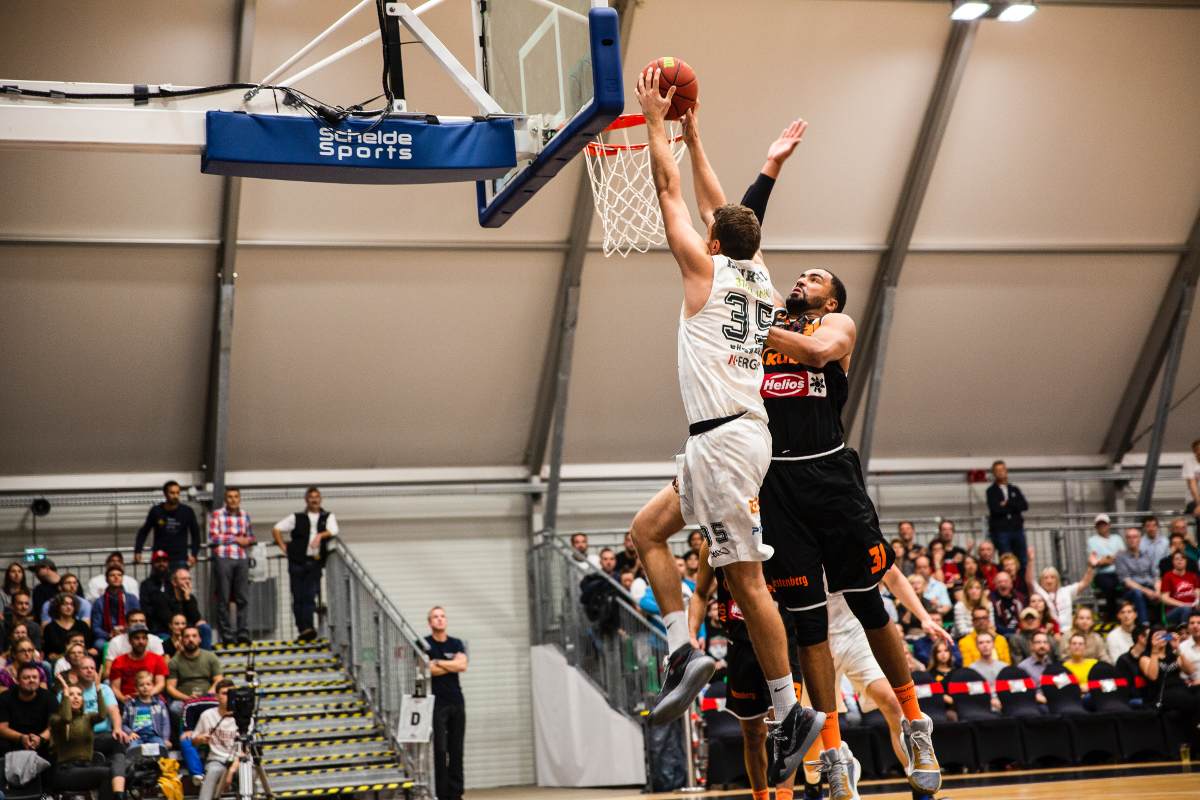Sports Psychology: The Role of Mental Toughness in Basketball Success
Every basketball player and fan knows this dynamic sport is physically demanding and mentally draining

Every time athletes step onto the court, they undergo a mental battle, too. They must stay focused amidst screaming sports fans, resilient over competitors, and determined to score throughout the game.
While physical skills and talent are crucial to a player’s success, mental toughness often becomes the differentiating factor between champions and benchwarmers. Athletes with weak minds just won’t cut it. This article delves into the significance of mental toughness in basketball and how it contributes to overall success.
Overcoming Challenges and Setbacks
In basketball, as in life, setbacks are inevitable. For example, student-athletes who struggle with writing an essay can seek help from a mentor or even a writing pro and ask them to write my essay for me for best price. Going out of their way to think of creative solutions means they can focus on the game instead of wallowing over their limitations. Mental toughness empowers players to embrace challenges as opportunities for growth rather than succumbing to defeat. It enables them to:
- Bounce back from missed shots
- Fight against turnovers
- Make up for defensive lapses
- Maintain a positive mindset despite struggles
Resilient competitors make it a point to learn from their mistakes and pivot their strategies while giving their best effort in the face of adversity. A strong, level-headed brain gives rise to successful players who don’t crumble under pressure. When faced with challenges, mentally tough athletes do not dwell on their mistakes or get discouraged. Instead, they use setbacks as learning experiences, analyzing what went wrong or making adjustments to persevere through difficult moments and come out stronger on the other side.
Developing a Strong Mindset
Those who wish to excel in basketball must cultivate a strong mindset that can weather the challenges of the sport. Mental toughness involves the ability to do the following:
- Remain composed under pressure with limited time per quarter.
- Bounce back from setbacks like a foul or an opponent scoring.
- Persist through adversity, such as tough defenders who block shots.
Mental fortitude starts with a strong belief in one’s abilities, so athletes must have confidence in themselves and their skills, even when faced with difficult situations. This belief fuels their determination to overcome obstacles and perform at their best on the court. More importantly, having a strong mind means they have the discipline to stay focused on the game plan and execute it effectively, regardless of distractions or external pressures.
Enhancing Focus and Concentration
Basketball is a fast-paced game that demands unwavering focus and concentration. Mental toughness enables athletes to tune out distractions, stay fully engaged in the present moment, and make split-second decisions with precision. By sharpening their focus, players can maximize their performance, execute game plans effectively, and capitalize on scoring opportunities.
One of the key aspects of a strong mind is the ability to block out external factors that can disrupt concentration. For example, the following elements can impact a player’s focus:
- Crowd noise
- Coach instructions from the sidelines
- Shouts from teammates
- Opponents’ trash talk
- Personal distractions
A player with strong mental fortitude develops a laser-like focus on the task. This enables the athlete to make quick decisions, react to changing situations, and anticipate plays.
Handling High-Pressure Situations
Basketball games are packed with high-pressure situations like foul play or last two-minute moments, which often define the game’s outcome. Resolute athletes with strong minds thrive under pressure and deliver their best performance when it matters the most. When the game is on the line, these players remain calm, make sound decisions, and execute what they must do, even under intense scrutiny. They embrace pressure as an opportunity to showcase their skills and rise to the occasion.
Keep in mind that handling pressure requires mental fortitude and a strong belief in one’s abilities. Mentally tough players are not intimidated by these high-stakes moments; they relish the challenges. They trust in their training, preparation, and experience to guide them through pressure-filled situations, allowing them to perform at their peak when the game is at its most critical juncture.
Maintaining Emotional Control
Basketball can evoke a wide range of emotions, from the exhilaration of victory to the frustration of defeat. Players with strong mental fortitude tend to maintain better control over these turbulent emotions so they don’t affect their performance. By staying composed, athletes can make rational decisions, communicate effectively with teammates, and remain focused on what the coach asks them to do.
Emotional control is crucial in high-pressure situations. Basketball games inevitably become intense at some points, and rational players do not let their emotions dictate their actions. They understand the importance of staying level-headed and logical, regardless of the circumstances. This emotional stability allows them to think clearly, execute their skills, and lead their team effectively, even in challenging moments.
Building Confidence and Self-Belief
Confidence and self-belief are essential components of mental toughness in basketball. Players who possess unwavering confidence in their abilities are more likely to:
- Take calculated risks
- Make assertive plays that earn points
- Step up as leaders for teammates on the court.
A strong mind helps athletes develop an equally strong belief in their skills and fosters unshakable confidence that carries them through challenging situations.
After all, players don’t build confidence through success only, but they hone it by overcoming adversity. Players with a stable and strong mind understand that setbacks are temporary and they can recover. Instead of having a pity party over their failures and shortcomings, they channel their focus on their strengths, celebrate small achievements, and maintain a positive outlook. This confidence allows them to perform with conviction and inspire confidence in their teammates, creating a winning culture within the team.
Final Thoughts – Improving Resilience and Stamina
Finally, having a solid mind helps basketball players push through fatigue. Everyone knows these games are physically and mentally draining, often testing an athlete’s endurance and resilience. When mentally conditioned, athletes maintain their intensity and perform at high levels throughout the game.
These players have the inner strength to push forth even if their bodies and minds are tired. Players with strong mental acuity understand the importance of conditioning both their bodies and minds to withstand the rigors of the game, as it gives them a competitive edge over opponents.

